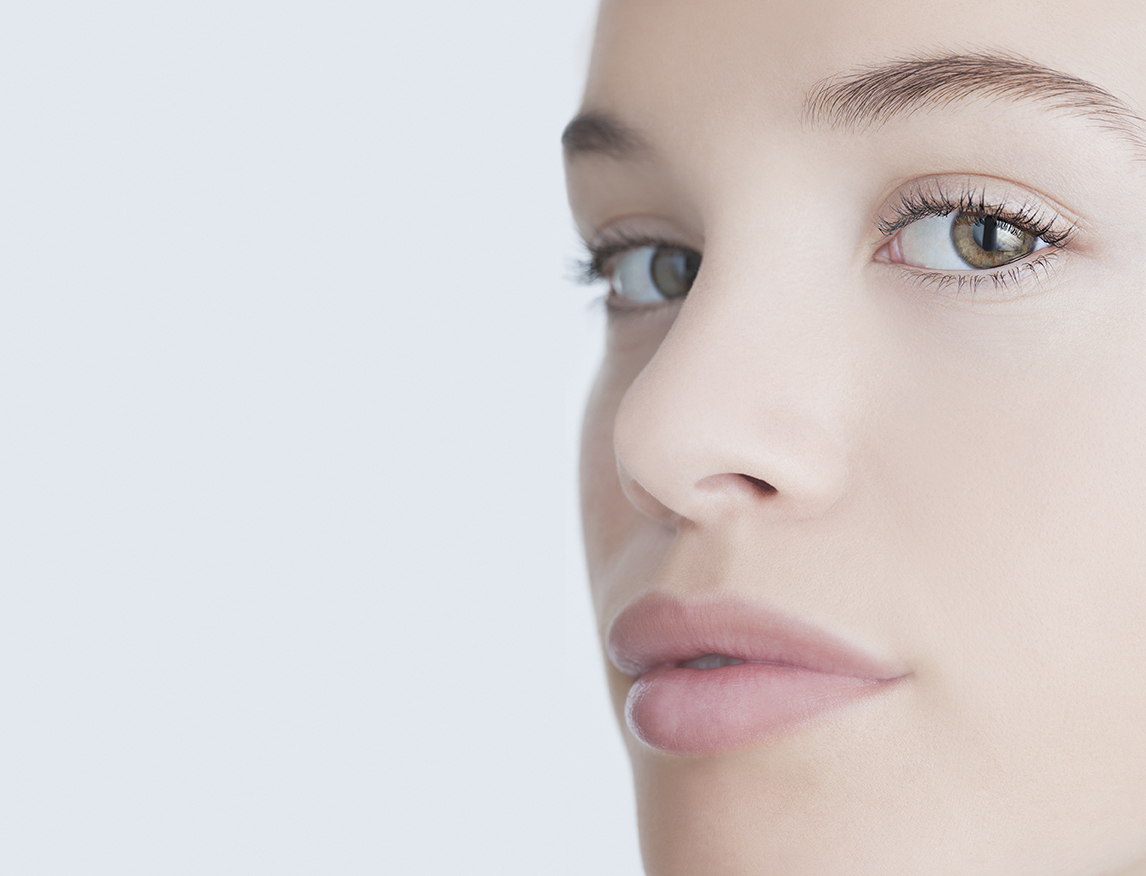It’s painful, it’s embarrassing, and it’s not what you want before your formal! Unfortunately, Acne is part of growing up and not everyone can have flawless skin like the model above! However, there are ways to make sure you don’t break out right before that special date!
What is Acne?
Acne vulgaris, aka pimples, affect more than 90% of Australians between the age of 16-18. Often it is mild and self-limiting, however moderate-to-severe acne can have a profound impact on self-esteem and mood, as well as potentially causing long-lasting scars.
Acne pimples form when our sebum glands (a gland that releases oil called sebum onto the skin which helps keep our skin waterproof) become blocked. When the glands are blocked, the sebum builds up inside the gland, and bugs start to proliferate, causing redness and pus production. During puberty, our sex hormones start to increase which causes more sebum production, leading to more blocked glands and therefore more pimples.
There is no evidence for popularly held beliefs that acne is caused by poor hygiene, excessive fatty foods or chocolate. There is, however, a strong genetic link for many patients.
What should I do about my acne?
There is lots of information on the internet about the best way to treat acne, and most teenagers will use tips from the internet or friends rather than seeing their doctor. Unfortunately, some of this information is not based on any science or evidence, and in some case can be harmful to the skin. It is important to discuss any of these methods with your doctor.
Here are some evidence-based treatment options for dealing with acne:
-
Do not squeeze or pick at pimples, this can often result in scarring and worsening of inflammation.
-
Skin care: Avoid excessive scrubbing/exfoliation. Wash your face with soap and water twice a day, do not wash too often as this may aggravate acne. Use oil-free make-up and sunscreen and avoid sunburn. Ensure you remove your make-up each night with soap and water.
-
Diet: on the whole, maintain a balanced and healthy diet. Some research suggests that a diet rich in vegetables and fish and low in carbohydrates, milk and dairy, protein supplements and saturated fats may help, however extreme diets have been shown to be of little value.
-
Topical creams and ointments: For mild acne, some over-the-counter creams can be used, such as benzoyl peroxide, topical retinoids and azalic acid. Be careful to use these in moderation as they may dry out your skin.
-
Other medications: If the above methods do not improve your acne, talk to your doctor about other medications you can try. Commonly, a medication called doxycycline is used. For women, the oral contraceptive pill (‘the pill’) can help improve the skin. If neither of these prove effective, you may need to see a dermatologist for consideration of further medication.
Remember, acne can be embarrassing and can seriously affect your mental state. If you are suffering from self-esteem issues or feeling unhappy because of the state of your skin, it is important that you talk to your doctor about this as well as he may be able to provide support for your mental state as well!
If you are interested in learning more about this topic, feel free to book an appointment with one of our friendly doctors by booking online or contacting us by phone on 8269 6000.
References:
Royal Children’s Hospital (2018). Kids Health Info : Acne. [online] Available at: https://www.rch.org.au/kidsinfo/fact_sheets/Acne/ [Accessed 19 Apr. 2018].
Gebauer, K. (2017), Acne in Adolescents, American Family Physician, 46(12), pp 892-895
Medical information disclaimer:
No advice: Our website contains general medical information. The medical information is not advice and should not be treated as such.
No warranties: The medical information on our website is provided without any representations or warranties, express or implied. Without limiting the scope above, we do not warrant or represent that the medical information on this website: will be constantly available, or available at all; or is true, accurate, complete, current or non-misleading.
Medical assistance: You must not rely on the information on our website as an alternative to medical advice from your doctor or other professional healthcare provider. If you have any specific questions about any medical matter, you should consult your doctor or other professional healthcare provider. If you think you may be suffering from any medical condition, you should seek immediate medical attention. You should never delay seeking medical advice, disregard medical advice or discontinue medical treatment because of information on our website.
Interactive features: Our website includes interactive features that allow users to communicate with us. You acknowledge that, because of the limited nature of communication through our website’s interactive features, any assistance you may receive using any such features is likely to be incomplete and may even be misleading. Any assistance you may receive using any our website’s interactive features does not constitute specific advice and accordingly should not be relied upon without further independent confirmation.
Limits upon exclusions of liability: Nothing in this disclaimer will: limit or exclude any liability for death or personal injury resulting from negligence; limit or exclude any liability for fraud or fraudulent misrepresentation; limit any liabilities in any way that is not permitted under applicable law; or exclude any liabilities that may not be excluded under applicable law.
Credit:This document was created using a template from SEQ Legal (http://www.seqlegal.com).

